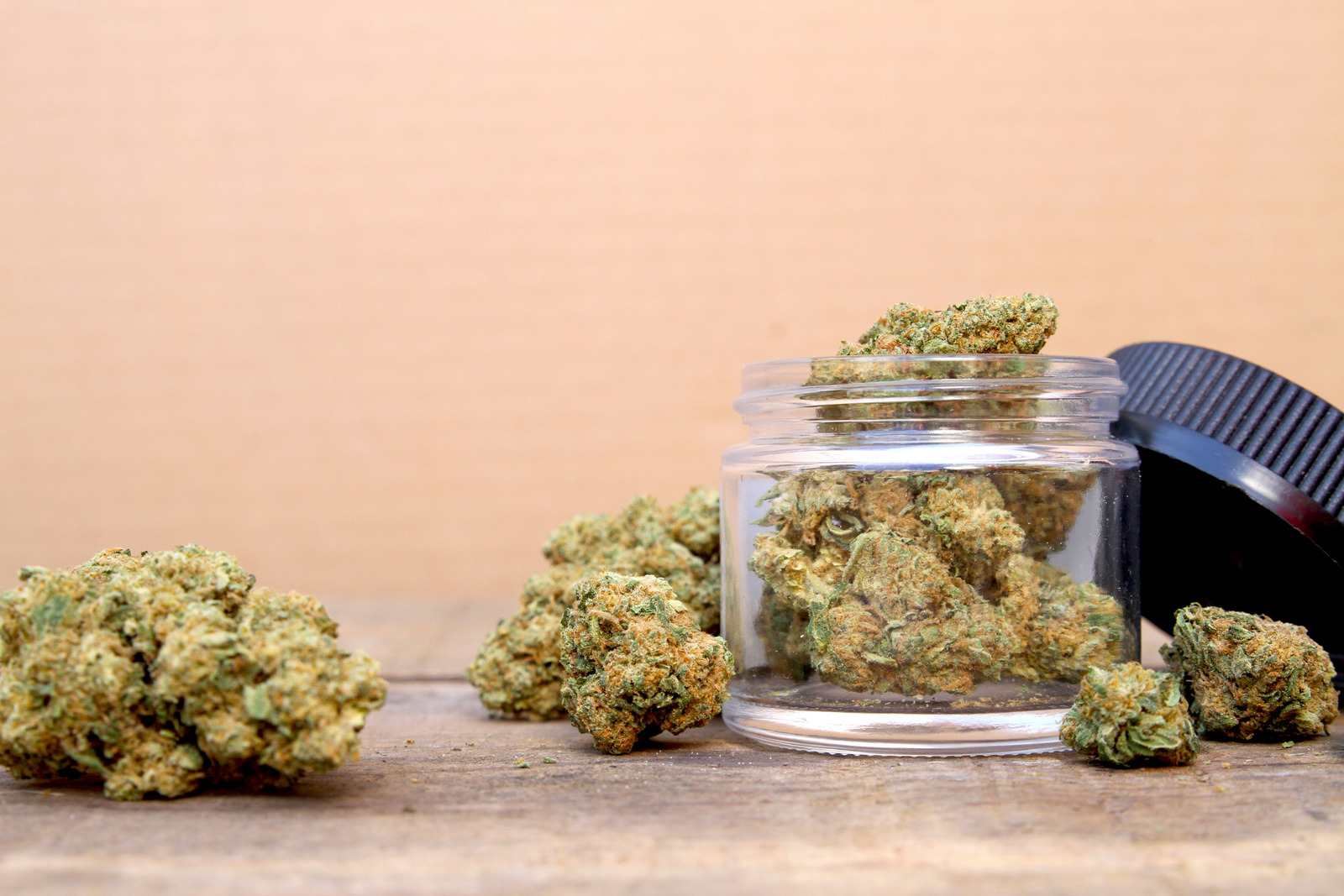Table of Contents
Key Points
- While marijuana has potential benefits like pain management, its recreational use can lead to dependence, addiction, and health issues.
- Additional effects of marijuana use include respiratory issues, negative cognitive impact, increased risk of psychiatric disorders, and potential impact on personal development.
- Quitting marijuana becomes crucial for individuals to make informed decisions about their health and well-being.
- Understanding the drawbacks of excessive use empowers individuals to take control of their usage habits.
- Seeking help from healthcare professionals, addiction specialists, support groups, and trusted friends or family members can aid in the recovery process.
As marijuana legalization gains momentum and social acceptance grows, it’s still important to recognize that increased availability can also lead to problematic patterns of usage.[1, 2] While marijuana offers potential benefits for some individuals, such as pain management or relaxation, its recreational use can sometimes lead to dependence and adverse health effects.
Exploring the benefits of stopping marijuana use can help you make informed decisions, particularly at a time when marijuana is more accessible than ever before.
Can Someone Get Addicted to Smoking Weed?
Yes, using marijuana can lead to a pattern of problematic use, which is formally known as cannabis use disorder.[3] While marijuana may be less addictive than substances like nicotine or opioids, some people can still develop a dependence on it.
Cannabis use disorder involves the compulsive use of marijuana despite negative consequences in various areas of your life, such as work, school, or relationships.[4] Signs of cannabis use disorder include intense cravings, tolerance (needing more marijuana to achieve the desired effects over time), withdrawal symptoms (such as irritability, insomnia, and mood swings when attempting to quit), and loss of control over use. Individuals with cannabis use disorder may spend a significant amount of time obtaining and using marijuana, even at the expense of fulfilling responsibilities or engaging in social activities.
What Are the Short and Long-Term Effects of Marijuana Use?
Marijuana use can have both short-term and long-term effects on physical health, mental health, and overall well-being:[5]
Short-term effects
- Euphoria and relaxation: Marijuana can induce feelings of euphoria, relaxation, and happiness.
- Altered perception and coordination: It can impair judgment, coordination, and reaction time, making activities like driving dangerous.
- Increased heart rate: Marijuana can temporarily increase heart rate and blood pressure.
- Dry mouth and red eyes: Common side effects include dry mouth and red, bloodshot eyes.
- Memory and cognitive impairment: Short-term memory and cognitive function may be impaired while under the influence of marijuana.
- Anxiety and paranoia: Some individuals may experience heightened anxiety or paranoia after using marijuana, especially at higher doses.
Long-Term Effects
- Respiratory issues: Regular smoking of marijuana can lead to respiratory issues similar to tobacco smoking, such as chronic bronchitis and cough.
- Cognitive impact: Long-term heavy use, especially during adolescence, may impair cognitive function, memory, and learning ability.
- Increased risk of psychiatric disorders: There’s evidence linking long-term marijuana use to an increased risk of psychiatric disorders like schizophrenia, particularly in individuals predisposed to such conditions.
- Dependence: While generally considered less addictive than substances like nicotine or opioids, marijuana can still lead to dependence and withdrawal symptoms in some individuals when they stop using it.
- Potential impacts on development: Heavy marijuana use during adolescence may negatively affect brain development, potentially leading to long-term cognitive and emotional deficits.
What Are the Physical and Psychological Health Benefits of Quitting Weed?
Quitting marijuana can lead to a multitude of physical and psychological health benefits, making it a significant step for those looking to improve their overall well-being. By abstaining from marijuana use, individuals may experience improvements in lung function, sleep quality, mood stability, cognitive clarity, and motivation.[6, 7, 8, 9]
Physical Benefits

- Improved respiratory function: Smoking marijuana, particularly in the form of joints, can lead to respiratory issues similar to those caused by tobacco smoke. Quitting can help improve lung function and reduce the risk of chronic bronchitis and other respiratory problems.
- Reduced risk of cardiovascular issues: Marijuana use can temporarily increase heart rate and blood pressure, which may pose risks, especially for individuals with pre-existing cardiovascular conditions. Quitting can help normalize these cardiovascular parameters and reduce the strain on the heart.
- Better sleep: Regular marijuana use can disrupt sleep patterns and contribute to insomnia in some individuals. Quitting may improve sleep quality and duration, improving overall health and well-being.
- Enhanced physical fitness: Marijuana use can sometimes lead to sedentary behaviors or decreased motivation for physical activity. By quitting, individuals may experience increased energy levels, motivation, and physical fitness, leading to a healthier lifestyle.
- Improved appetite regulation: While marijuana is often associated with increased appetite (“the munchies”), long-term use can disrupt normal appetite regulation mechanisms, leading to overeating or weight gain. Quitting may help restore healthy eating habits and weight management.
- Potential improvement in immune function: While the research is still evolving, some studies suggest that heavy or chronic marijuana use might suppress immune function. Quitting may help normalize immune responses, although further research is needed to understand this relationship fully.
- Reduced risk of injury: Marijuana intoxication can impair coordination, reaction time, and judgment, increasing the risk of accidents and injuries. Quitting can eliminate this risk factor and improve overall safety.
Psychological Benefits
- Improved mental clarity: Marijuana use, especially in heavy or chronic users, can sometimes lead to cognitive fog or difficulty with concentration and memory. Quitting can result in clearer thinking, better focus, and improved cognitive function.
- Enhanced mood stability: While marijuana can initially induce feelings of relaxation and euphoria, long-term use may contribute to mood swings, irritability, or even exacerbate symptoms of anxiety and depression in some individuals. Quitting can lead to more stable moods and improved emotional well-being.
- Increased motivation: Marijuana use may dampen motivation and interfere with goal-setting and achievement, particularly if it leads to apathy or lethargy. Quitting can restore motivation and drive, enabling individuals to more effectively pursue their goals and aspirations.
- Better emotional regulation: Some people use marijuana as a coping mechanism for stress, anxiety, or other negative emotions. However, relying on substances to manage emotions can be counterproductive and lead to dependency. Quitting marijuana can encourage the development of healthier coping strategies and improve emotional resilience.
- Potential improvements in mental health: Quitting marijuana may benefit individuals with underlying mental health conditions like anxiety, depression, or psychosis. However, the relationship between marijuana use and mental health varies by individual, and quitting can sometimes initially exacerbate symptoms before improvements are seen.
- Increased self-confidence: Quitting marijuana can boost self-esteem and self-confidence, particularly if individuals feel empowered by their ability to overcome dependency and take control of their lives. Accomplishing the goal of quitting can instill a sense of pride and self-efficacy.
How Can I Get Help For Marijuana Use?
If you’re seeking help for marijuana use, there are several options available to support you on your journey toward recovery. First, consider contacting a healthcare professional or addiction specialist who can provide personalized guidance and treatment recommendations for substance use disorders. They can assess your situation and connect you with the appropriate counseling for ongoing support.
Additionally, consider involving trusted friends or family members in your recovery process. Having a supportive network can provide emotional support, accountability, and encouragement as you work towards quitting marijuana.
Exploring residential or outpatient treatment programs specifically designed for substance abuse can provide structured support and comprehensive treatment options, particularly if you are having other co-occurring mental health or addiction issues. These programs may include individual therapy, group counseling, educational sessions, and holistic approaches to promote overall wellness and help you regain control of your life.
Frequently Asked Questions About Quitting Marijuana
The Heights Treatment Editorial Guidelines
There is a vast amount of misinformation online especially as it relates to health & wellness. We have made it our mission at The Heights Treatment to provide accurate, medically sound content that has been medically reviewed by a doctorate level clinician so that you can trust the information contained within our website.





